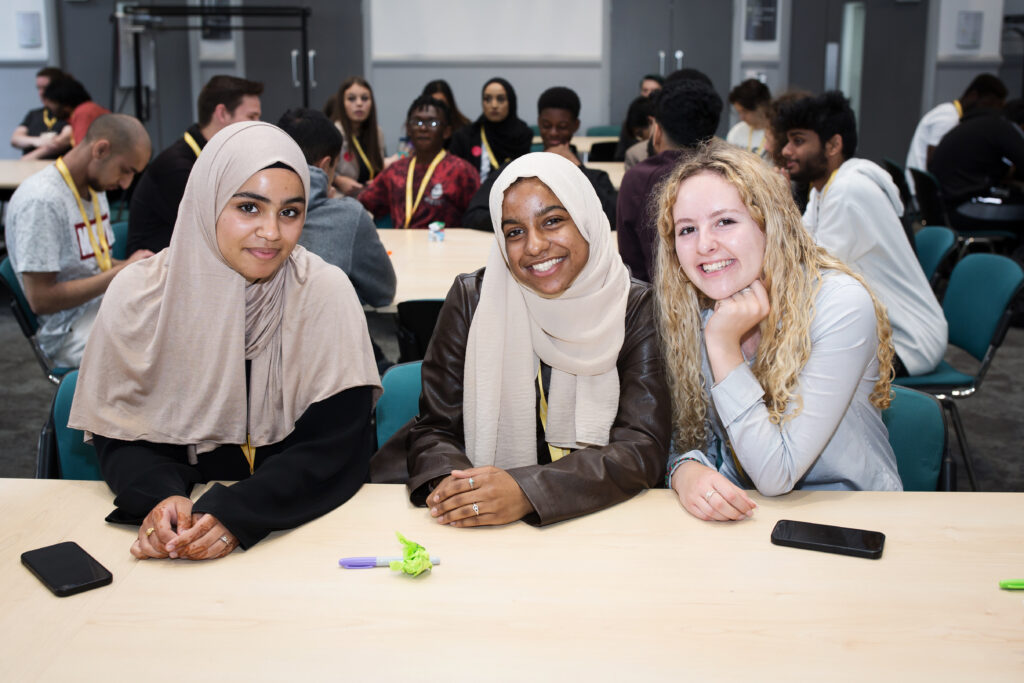About In2scienceUK
We exist to unlock the potential of young people from low socioeconomic and underresourced backgrounds and boost diversity and inclusion in the sector to ensure the UK remains at the forefront of STEM industries. Established in 2010 and founded by Dr. Rebecca McKelvey, we aim to provide valuable STEM opportunities to our beneficiaries and foster knowledge and confidence to empower participants.
Our programmes
Annually, we receive thousands of participant applications, providing over 900 individuals with transformative STEM opportunities each year and more than 2000 users on our online In2careers platform. Collaborating closely with researchers and industry professionals, our participants gain hands-on experience, mentorship, workshops and more.
Notably, 95% of programme participants have pursued STEM degrees—a testament to our commitment to inclusivity. In2scienceUK welcomes students of all levels studying STEM subjects, regardless of their background or academic standing.

Our mission and vision
Financial and social factors are huge barriers to progressing to careers within STEM. If students don’t receive the right guidance and support through their schools and personal networks, they may never consider pursuing a career within this sector. By giving students from underrepresented backgrounds high-quality opportunities and support at the start of their career journey, In2scienceUK empowers them to achieve their potential and become the next generation of researchers, innovators and pioneers.
How we’re improving access to STEM careers
Increases the pipeline of UK STEM
There is an annual shortfall of 40,000 STEM skilled workers with the number of future technical jobs forecast to increase (UK Commission for Employment and Skills Report, 2017). Increasing the numbers of disadvantaged students in STEM careers is vital for the UK’s economic competitiveness (Broughton, 2013).
Promotes social mobility
As STEM workers typically earn 20% more than in other fields, getting more young people from low-income backgrounds into these professions promotes social mobility and fights economic inequality (Greenwood et al., 2011).
Builds a more diverse workforce
Businesses with diverse and inclusive cultures perform better financially, reduce staff turnover, and maintain increased creativity and problem solving capacity (Desvaux et al., 2007; Forbes Insights, 2011).
Increases science capital
There are economic, political and social benefits to increasing science capital in all sectors of the UK. In this technological age, it is vital that all people have the tools to communicate effectively, assess complex information and distinguish fact from fiction.